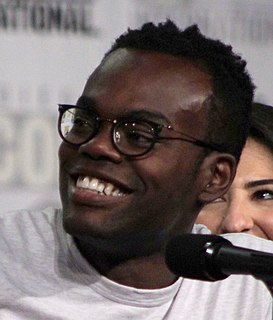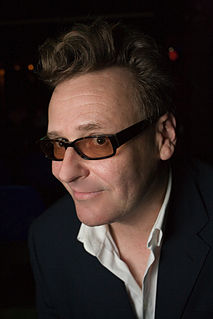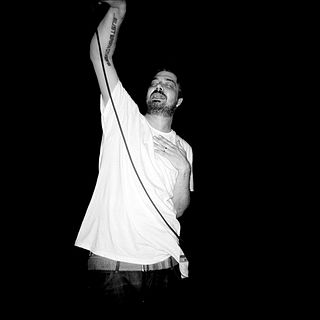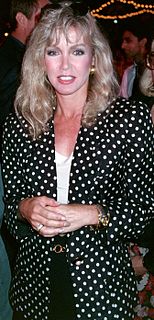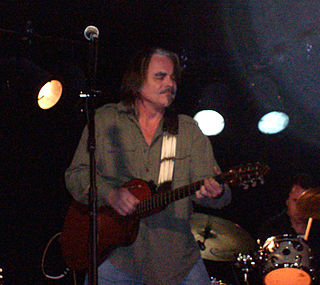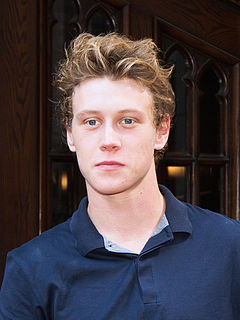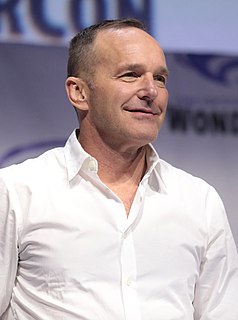A Quote by William Jackson Harper
There's so much control of the audience's experience when you're on stage doing a play, whereas when working on camera, there's a lot of people that have to do a lot of things exactly right for anything that I do to matter at all.
Related Quotes
I don't come on to seduce the audience. I don't care if everyone laughs. I can't think about that anymore. If there's anything that a lot of experience on stage and a lot of stage time gives you is the confidence to know that it's ok if they're not laughing every second you're up there. Although that's what drives me and I still go too fast a lot of the time.
A lot of people, most people who are working, they do it for money. And I'm not saying there's anything wrong with that. It so happens that I made a lot of money already, so I don't have to worry that much about it. I wouldn't fault anybody for doing it for the money, but it doesn't interest me right now.
Of course, you can never watch something like somebody else watches something like you, but nonetheless, you have to try. So I think on camera you learn a lot about how much the camera does for you, which is what is the great luxury of movie acting. Or acting whether it's TV or movies or whatever it is, that the camera's really such a gift because there's so much that it sees and does if you're willing to just be open and expose yourself and all of that. So you also learn what doesn't matter. And sometimes when you think about things, you think things matter that don't matter.
I definitely prefer the single camera better. For me it's the simple fact that I enjoy working in front of an audience, but when you're trying to create a suspension of disbelief it's much harder to do in front of audience because they become a partner. Moreso than that, they become in charge of the timing. From the simple, mechanical fact that you have to hold for their laughter. The actual timing of the scene is in the hands of the audience. As a control freak, I don't enjoy that as much as the ability to be able to control it in an edit room.
I think when you're younger, as an actor you have much more of a notion that you are doing something to the audience. But with experience, I think you begin to worry less about what the audience's experience is and concentrate on working with the other actors, and that tends to let the audience do more work.
You carry that through and adapt it to a camera lens, but you're quite right, you cannot be sure of what an audience is going to do. You don't know what's going to happen to the piece you're doing anyway. You don't know how it's going to be edited. There are a lot more unknowns in cinema. But that you have to readily accept. That's when, I think, you have to forget about intellect, to a degree. Intuition is very important when you're working with a lens, I believe, for what the lens is doing, too.
Taking drugs on a recreation level is one thing. But taking them while you're working on a stage is, I don't think it was that great. It's the control factor. And the thing about being on stage, you really want to feel that you're sort of in control a lot. It's not a place where you want to be out of control.
Normally classical music is set up so you have professionals on a stage and a bunch of audience - it's us versus them. You spend your entire time as an audience member looking at the back of the conductor so you're already aware of a certain kind of hierarchy when you are there: there are people who can do it, who are on stage, and you aren't on stage so you can't do it. There's also a conductor who is telling the people who are onstage exactly what to do and when to do it and so you know that person is more important than the people on stage.
I've got a lot of things that are probably obvious, not much outside the box right now. But, I have been listening to a lot of classical music lately for some reason. I used to do that a lot when I was doing cabinet making in New England. I've sort of returned to that for some reason. That might be surprising to people.
